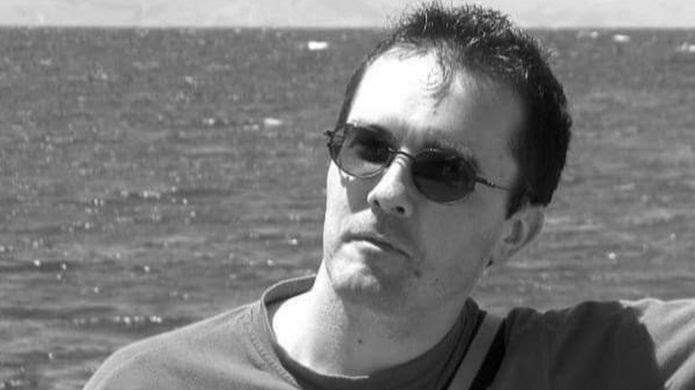The world was horrified when news broke that an 18-year-old born in Moscow, who subsequently lived in Paris, beheaded a French schoolteacher. The reason was that a cartoon originally published in the satirical magazine Charlie Hebdo was shown by the teacher in his classroom to illustrate a central tenet of democracy, which is freedom of expression. It is obvious that French schoolteacher Samuel Pety did not understand what would be the consequences of this action, although it must have been clear to him that some within the community depicted would be annoyed. The magazine is known for satire, although not always do its contents meet the criterion of good taste. It has published cartoons featuring Jesus Christ that were extremely offensive to the sensibilities of most of the population of France, which is Christian. However, there were no consequences for either the magazine or its staff. At worst, some may have cancelled their subscriptions as a mark of protest. In India some time ago, some of the depictions of M.F. Husain of icons regarded as sacred by Hindus sparked outrage. However, this did not affect the fact that most of those who bought the hyper-expensive paintings of Husain remained Hindu. Fortunately for the celebrated artist, he was not physically or financially harmed. It must be added that many found such paintings to be offensive to their beliefs and tastes, and yet Husain spent almost the whole of his life in India. Along the way his paintings became among the most pricey in any currency of any living artist. Critics pointed out that Husain depictions which were less than complimentary appeared to be limited to the divinities of a single faith. The artist spent the final period of his life in Qatar without having to endure anything other than some verbal attacks on him by some in the majority community, who were promptly challenged by others of the same faith on the grounds that the artist had the right to paint as he chose. In the case of Charlie Hebdo, several of its staff were killed by extremists in separate incidents, while the latest victim was unconnected with the magazine.
Had the magazine been published in India rather than in France, it is very likely that members of its staff would have been sent to prison before they were killed by extremists. While the first amendment to the US Constitution expressly ensured freedom of speech, Prime Minister Jawaharlal Nehru saw to it that in India, the first amendment to the Constitution of India imposed “reasonable” restrictions on several of the fundamental rights earlier given to the people by the Constitution. The word “reasonable” is less than precise, and the amendment affected free speech as well as the right to property. Unless both are protected through judicial interpretation of the provision at some later date, progress in India in the era of the knowledge industry will be less than optimal. It is no accident that Google, Microsoft, Twitter and Facebook among other tech successes got launched in the US rather than in India, or that a single US company, Amazon, has a stock value two-thirds of the entire GDP of India. In our country, property has been taken away by the Central and state governments right, left and centre. Even the solemn promises made to the princely states by the Union of India when they acceded to it in 1947 was thrown into the wastebasket by Prime Minister Indira Gandhi, who subsequently nationalised coal, banking and other industries without any thought as to the consequences of such an action on the future of the country that at the time had a higher GDP than China’s. Since then, China’s GDP leapfrogged to nearly six times that of India, although for a couple of years India’s rate of growth was higher than China’s. In the US, courts have been an important instrument of change as well as a barrier against arbitrary action by state power, and the people expect that the Supreme Court and the High Courts will ensure the same freedoms and protections in India if the government does not. Prime Minister Narendra Modi’s view that “minimum government is maximum governance” gives hope that it will. Not long ago, the Supreme Court of India did away with archaic provisions criminalising same-sex relationships among consenting adults, as well as some of the provisions of the Information Technology Act that have played a role in the sharp slowdown of the rate of growth of the software industry in India. Samuel Pety meant to convey that even tasteless and insensitive expressions of speech and artistic license are protected in a democracy. No FIR was filed against him by the Paris police as a consequence of complaints made, and he was not hauled off to prison using the “reasonable” curbs that are sanctioned by the law in India since 1951. He was beheaded by a young fanatic who is a warning to the world of the consequence when intolerance and hatred prevail over freedom and reason in the human mind. The citizenry of France has condemned the murder of the schoolteacher, whether they be Muslim or Christian. What needs to be done by all democracies is that the mindset that caused such a monstrous action should never be allowed to flourish. Freedom is fundamental to democracy and we must unite to defend it.

